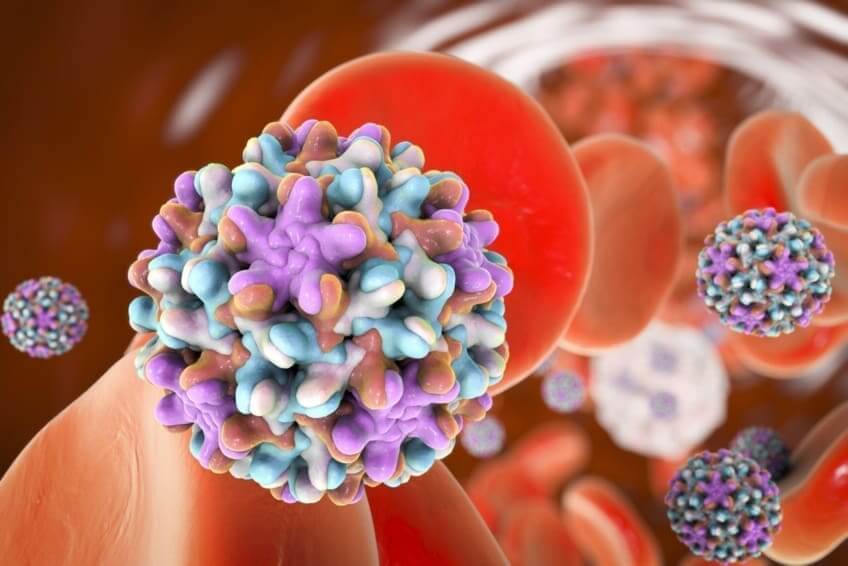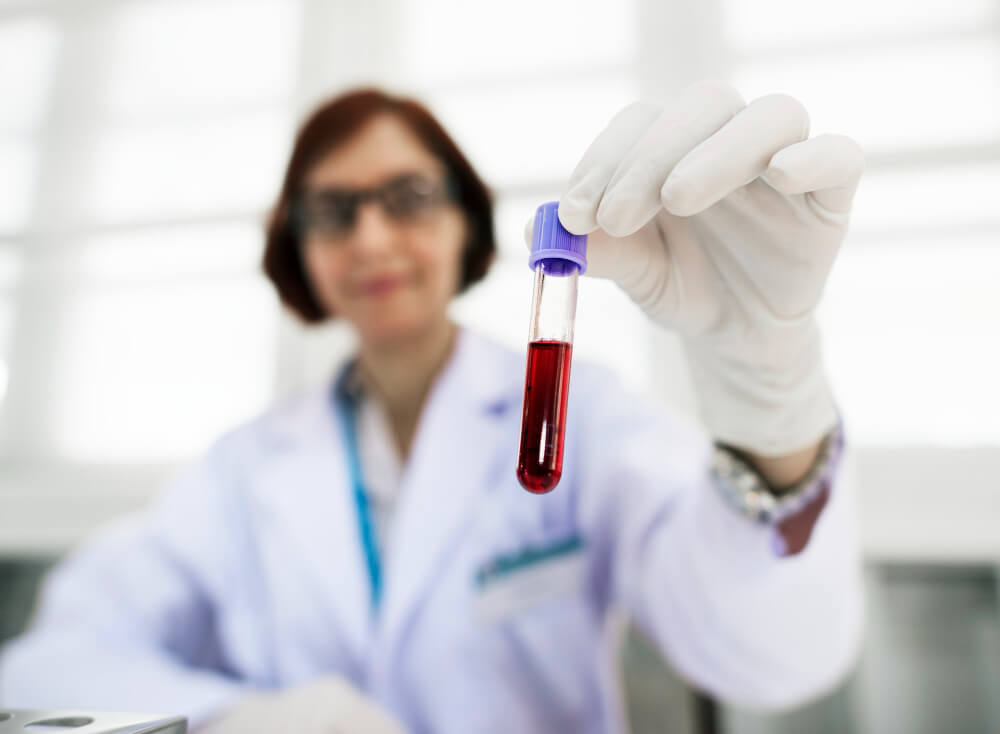The Importance of Hepatitis B and C Testing
Hepatitis B and C are viral infections that primarily affect the liver. These infections can lead to serious health complications, including liver damage, cirrhosis, and liver cancer. Early detection through regular testing is essential for preventing the progression of the disease and accessing timely treatment.

Understanding Hepatitis B and C
Hepatitis B and C are both blood-borne viruses, but they differ in several ways:
Hepatitis B
- Highly infectious viruses spread through blood, semen, vaginal fluids, and saliva.
- Can result in acute or chronic infection.
- A vaccine is available to prevent hepatitis B.
Hepatitis C
- Primarily spread through blood-to-blood contact, often through sharing needles or drug paraphernalia.
- Primarily leads to chronic infection.
- No vaccine is available for hepatitis C.
Symptoms of Hepatitis B and C
Many people with hepatitis B and C experience no symptoms, especially in the early stages of infection. However, some individuals may develop:
- Fatigue
- Nausea
- Vomiting
- Abdominal pain
- Dark urine
- Light-colored stools
- Jaundice (yellowing of the skin and eyes)
The Importance of Regular Testing

Regular hepatitis B and C testing is crucial for several reasons:
- Early Detection Early detection allows for prompt treatment and can prevent the progression of liver damage.
- Prevention of Transmission Knowing your status helps prevent the spread of the virus to others.
- Access to Care Early diagnosis enables individuals to access appropriate medical care and support.
Who Should Get Tested for Hepatitis B and C?
Several groups of people are at increased risk for hepatitis B and C and should consider getting tested:
- People with multiple sexual partners
- Injecting drug users
- Individuals with HIV
- Healthcare workers
- People born between 1945 and 1965
- People with a history of blood transfusions or hemodialysis
Hepatitis B and C Testing Methods
Blood tests are used to detect hepatitis B and C:
Hepatitis B Tests
- Hepatitis B surface antigen (HBsAg) to detect current infection
- Hepatitis B core antibody (anti-HBc) to detect past or current infection
- Hepatitis B surface antibody (anti-HBs) to indicate immunity
Hepatitis C Tests
- Anti-hepatitis C virus (anti-HCV) antibody test to detect past or current infection
- HCV RNA test to confirm active infection
Treatment for Hepatitis B and C
Treatment options for hepatitis B and C have improved significantly:
- Hepatitis B Treatment Antiviral medications can suppress the virus and prevent liver damage.
- Hepatitis C Treatment Direct-acting antiviral (DAA) medications can cure hepatitis C in most cases.
Preventing Hepatitis B and C
Several measures can help prevent the spread of hepatitis B and C:
- Vaccination The hepatitis B vaccine is highly effective in preventing infection.
- Safe Sex Practices Using condoms consistently and correctly can reduce the risk of transmission.
- Avoiding Sharing Needles Never share needles, syringes, or other drug-using equipment.
Regular testing for hepatitis B and C is essential for safeguarding liver health. Early detection allows for timely intervention, preventing the progression of these infections to severe liver damage. By understanding the importance of testing, vaccination, and safe practices, individuals can significantly reduce their risk of contracting hepatitis B and C.
